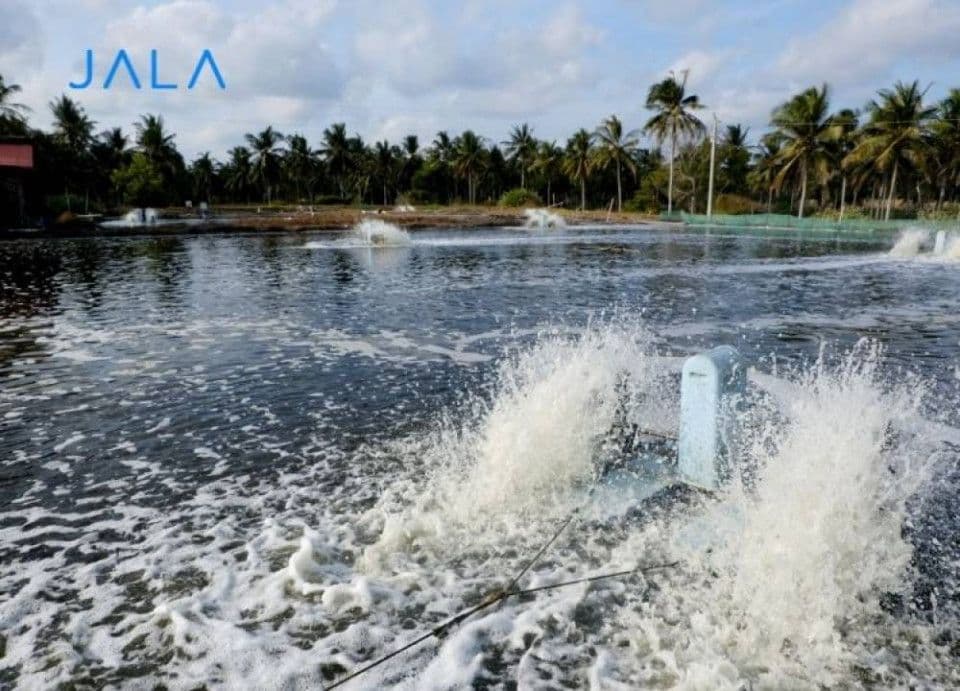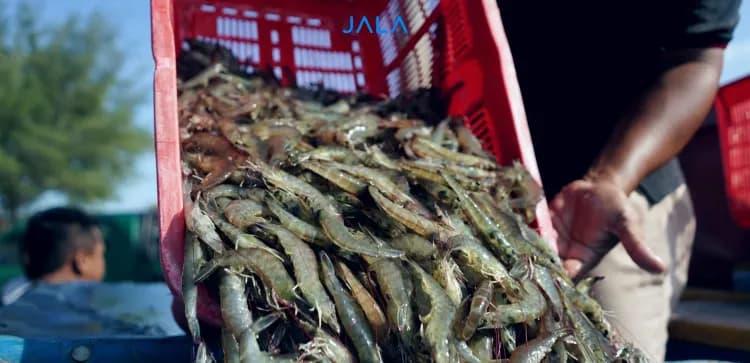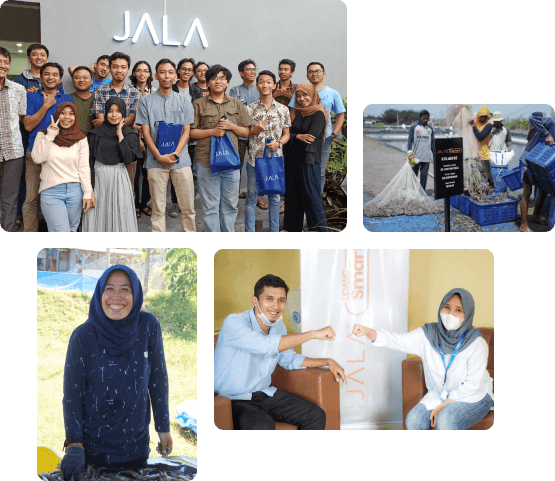
Understanding aquaculture-related cases
Restorative justice is one of the principles of law enforcement in settling cases that can be utilized as a tool for recovery that has been implemented by the Supreme Court (Mahkamah Agung or MA) in numerous legal products.
In general, fair law in restorative justice is impartial, not arbitrary, solely in favor of the truth in accordance with applicable rules and regulations, and considers equal rights to compensation and balance in every aspect of life. The perpetrators have the opportunity to restore the situation (restoration), while the community has a part in keeping the peace, and the court has the authority to maintain public order.
The implementation of restorative justice in Liwa, West Lampung
The Liwa District Court in West Lampung Regency is one of the court jurisdictions in Indonesia that has implemented restorative justice. In 2018, the Public Prosecutor sued a shrimp farmer in Decision Number 168/Pid.B/LH/2018/PN Liwa for actions that allegedly violated Law Number 32 of 2009 on Environmental Protection and Management.
On March 13, 2017, Riza Pahlevi, a shrimp farmer, rented a 30,000-square-meter tract of land in Jalan Cinta Hawang Pekon, Parda Haga Village, Lemong District, Pesisir Barat Regency. With 5 pond plots, the area is used for vannamei shrimp farming.
Since Lemong District, Pesisir Barat Regency is a Fish Processing, Capture Fisheries, and Tourism Zone as stipulated in Article 30 of the Regional Regulation of Pesisir Barat Regency Number 8 of 2017 regarding Regional Spatial Planning of 2017–2037, the pond was apparently not in accordance with the Spatial Planning Zone of the aquaculture area. As a result, the Regency Government issued three warning letters to Mr. Riza.
The Public Prosecutor also sued him because his farm documents were missing UKL-UPL documents and a Statement of Ability to Manage and Monitor the Environment (Surat Pernyataan Kesanggupan Pengelolaan dan Pemantauan Lingkungan Hidup or SPPL), implying that his economic activities could damage and destroy the environment.
Considerations of the Panel of Judges
Based on the evidence given at the trial, the Panel of Judges concludes that the farmer acted in good intention in handling shrimp farming business permits as stipulated in the applicable laws and regulations. However, the Panel of Judges did not find anything that could eliminate criminal liability, either as a justification or excuse for forgiveness, so Mr. Riza must be held accountable for his actions.
The Panel of Judges examined the issue not only from a legal standpoint, but also from the standpoint of punishment philosophy. This develops into something interesting. Basically, the punishment imposed is not merely retaliation, but should also be oriented to the aspects and dimensions of rehabilitation or recovery, in the sense of restoring situations or conditions that have been disturbed owing to Mr. Riza's actions, as well as prevention for other communities.
Based on the trial facts, the Panel of Judges determined that there was an injustice because not all shrimp farming businesses were closed at the same time. Mr. Riza's shrimp farming business, on the other hand, is still in operation because there is still an obligation to pay the remaining loan to the bank that was previously borrowed as the foundational capital to establish the shrimp farming business. He has also attempted to manage various permits pertaining to the shrimp farming business. Furthermore, Mr. Riza's shrimp farming business has had a favorable impact on the environment surrounding the ponds. The testimony of the witnesses during the trial revealed that many locals relied economically on the shrimp farming business owned by Mr. Riza.
The Panel of Judges then contends that the purpose of punishment is to protect the community from crime as well as to maintain the balance and harmony of life in society by taking into account the interests of the community, the state, victims, and perpetrators, and that punishment must include humanitarian, educative, and just elements.
Thoughts on the implementation of restorative justice in shrimp ponds case in Liwa, West Lampung
According to the author, the Panel of Judges' decision in this case is very appropriate and reflects justice as the ultimate purpose of law enforcement. This is consistent with the famous adage among law enforcement officers, "fiat justitia ruat caelum," which means "let justice be done though the heavens fall."
About the author
The author is a Corporate Legal at JALA.





